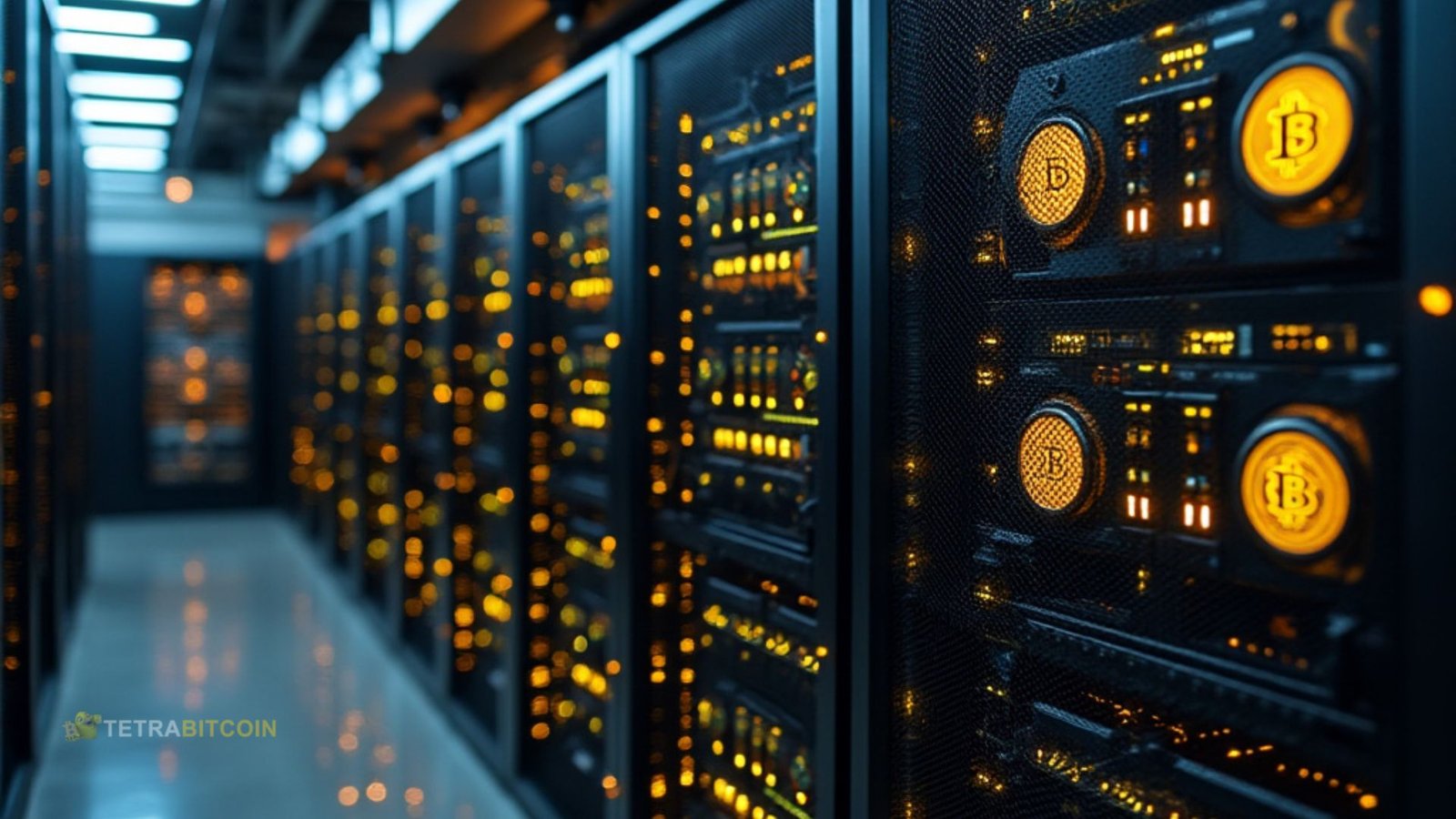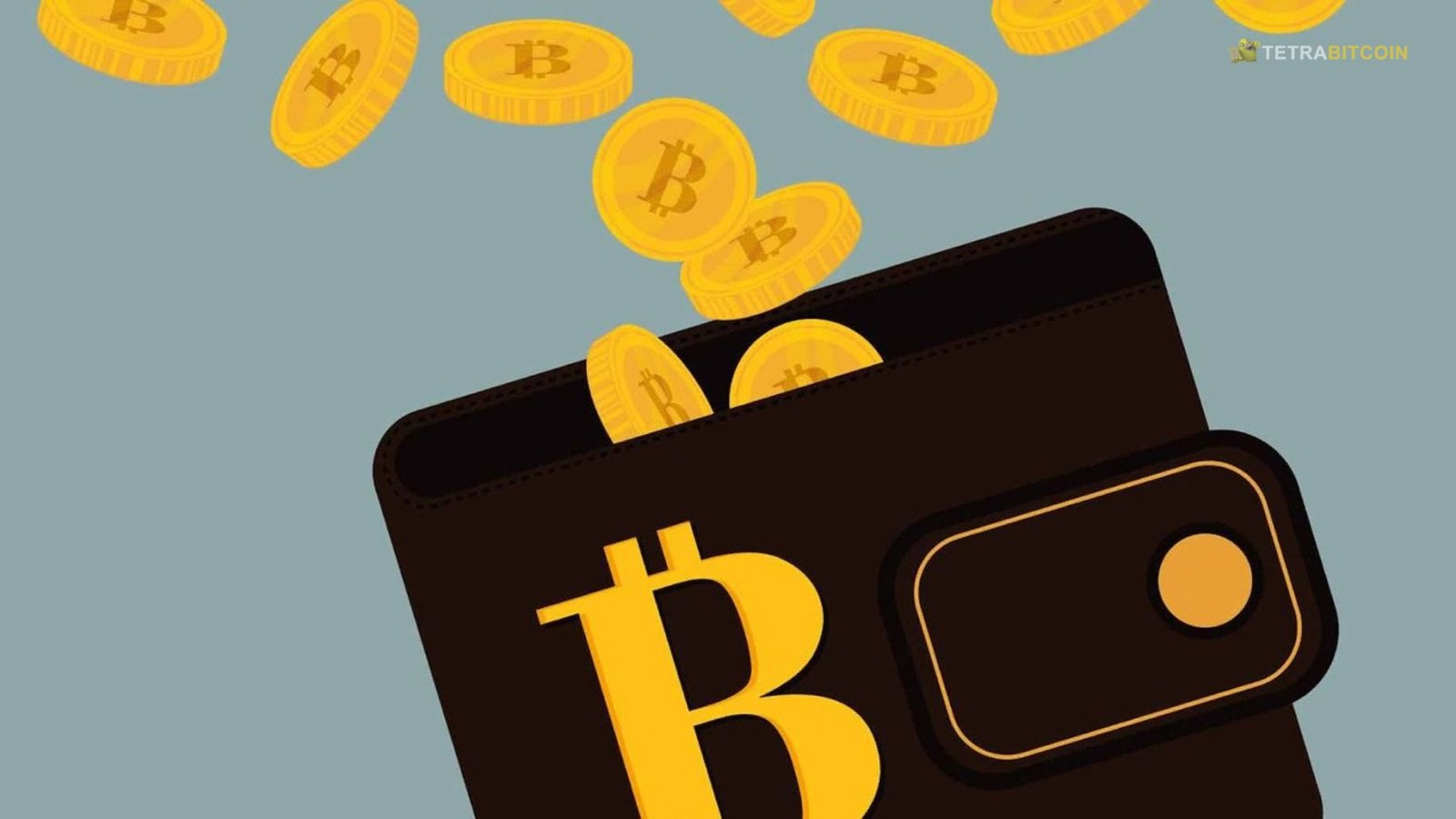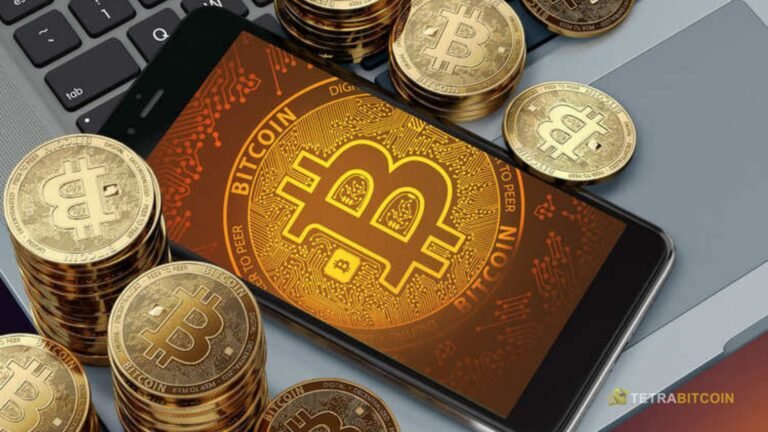Everyone from computer whizzes to bankers is curious about Bitcoin mining, hoping to one day become wealthy from the unusual process. Regardless of your level of expertise, this tutorial is an excellent resource for learning the fundamentals of Bitcoin mining. The purpose of this guide is to teach you the ropes of Mining Bitcoins for Beginners, including what it is, how to start, what tools you’ll need, and the advantages and disadvantages of the industry. Now that we’ve covered the basics let’s dig into Bitcoin mining!
The Basics of Bitcoin Mining
Mining is creating new bitcoins and adding them to the blockchain, a digital transaction log. Verifying and validating transactions on the Bitcoin network is done by solving challenging mathematical puzzles utilizing powerful computers.
A new block is created on the blockchain whenever a transaction is validated by mining this makes an immutable and safe record of that transaction. As a financial incentive to join the network, miners get freshly created bitcoins when they validate these blocks.
Why is Bitcoin Mining Necessary?
When it comes to keeping the Bitcoin network secure and operational, Bitcoin mining is crucial. To avoid double-spending or the usage of identical Bitcoin twice, each verified block records Bitcoin transactions in a new entry in a financial ledger. Bitcoin network security and fraud would be jeopardized in the absence of mining.
How Does Bitcoin Mining Work?
To provide you with a better understanding of the process of mining bitcoins for beginners, let’s go over the steps step by step:
Verification of Transactions
Transactions that take place on the Bitcoin network are bundled together into blocks. Validation of these transactions is the responsibility of miners, who compete with one another to find a solution to a mathematical problem that will establish the block’s legitimacy.
Solving the Puzzle
Miners use their processing capacity to solve a complex mathematical challenge associated with the new block. A large amount of energy and processing power is required for this procedure, which is referred to as proof of work.
Adding to the Blockchain
After a miner has successfully solved the problem, the block of confirmed transactions is uploaded to the blockchain, and the miner is paid with bitcoins for their efforts. Each block takes around ten minutes to complete this entire procedure on average.
Reward and Halving
Halving refers to the process by which the number of bitcoins in each block is reduced by around fifty percent approximately every four years. The miner is rewarded for adding the block, which began at fifty bitcoins per block. For the time being, the reward for each block is 6.25 bitcoins as of the year 2024.
What You Need to Start Bitcoin Mining
If you are enthusiastic about beginning your career in Bitcoin mining, it is an absolute must to be aware of what is involved. To get started mining bitcoins as a novice, the following is a list of everything you require:
Mining Hardware
Application-Specific Integrated Circuits are the specialized hardware needed to mine Bitcoin. Anyone serious about mining bitcoins needs an ASIC, a machine specifically built for mining with significantly more processing power than a standard computer.
Mining Software
The Bitcoin network and your mining hardware are linked by mining software. The next necessary component is mining software. Among the most popular choices are CGMiner, BFGMiner, and EasyMiner. Each of these solutions has a unique set of features that are suitable for both novice and experienced miners alike.
Wallet
To safely store your Bitcoin profits, you must have a Bitcoin wallet. The use of paper-based, hardware-based, or internet wallets is all possible. Hardware wallets like Ledger and Trezor and software wallets like Electrum are among the most readily available solutions.
Electricity and Cooling
Mining is very energy-intensive, and the technology used in ASICs creates significant heat. Because of this, it is essential to have a dependable supply of electricity and an effective cooling system.
A Mining Pool (Optional but Recommended)
Joining a mining pool is frequently the most excellent solution for those just starting. There are groups of miners that work together to mine blocks and split the benefits. These groups are known as mining pools. Novices can get continuous rewards by pooling resources, even if they do not have the processing capacity to mine a block independently.
Steps to Start Mining Bitcoins as a Beginner
Select the Right Hardware
How efficient and profitable your mining is heavily depends on the hardware you pick. Bitmain Antminer and MicroBT Whatsminer are two examples of ASIC miners well-liked for their processing capability. Although they need an initial outlay of capital, they are fundamental to getting a substantial return on investment in mining.
Set Up Mining Software
It is necessary to download and configure mining software compatible with your ASIC’s hardware. You must carefully adhere to the setup instructions provided by each software package to successfully connect your gear to either the Bitcoin network or a mining pool.
Join a Mining Pool
For those just starting, joining a mining pool might increase the likelihood of constantly receiving rewards. It would be best if you investigated a variety of pools to pick one suitable for your requirements, paying close attention to the fees, payment frequency, and minimum withdrawal limitations.
Secure a Bitcoin Wallet
Choose a Bitcoin wallet that’s both secure and convenient. Once set up, link the wallet to your mining software so that any rewards you earn are automatically deposited.
Monitor and Optimize
The process of mining is a lengthy undertaking. Maintain a close check on your equipment’s functionality and ensure it continues functioning effectively by monitoring the hash rate, energy consumption, and prospective software upgrades.
Conclusion
People who have never done it before may find mining bitcoins to be an exciting and challenging endeavor. Mining is a costly and hazardous option to earn Bitcoin and help this digital money expand. For those who are up for the challenge, mining might be both a rewarding hobby and a source of income. Be sure to do your homework, map out your setup, and keep up with Bitcoin news as it happens.
You should be ready for a learning curve and optimize your setup for efficiency if you want to mine Bitcoins. Still, whether your goal is to earn additional money or to study new technologies may be a rewarding quest.
[sp_easyaccordion id=”3024″]

